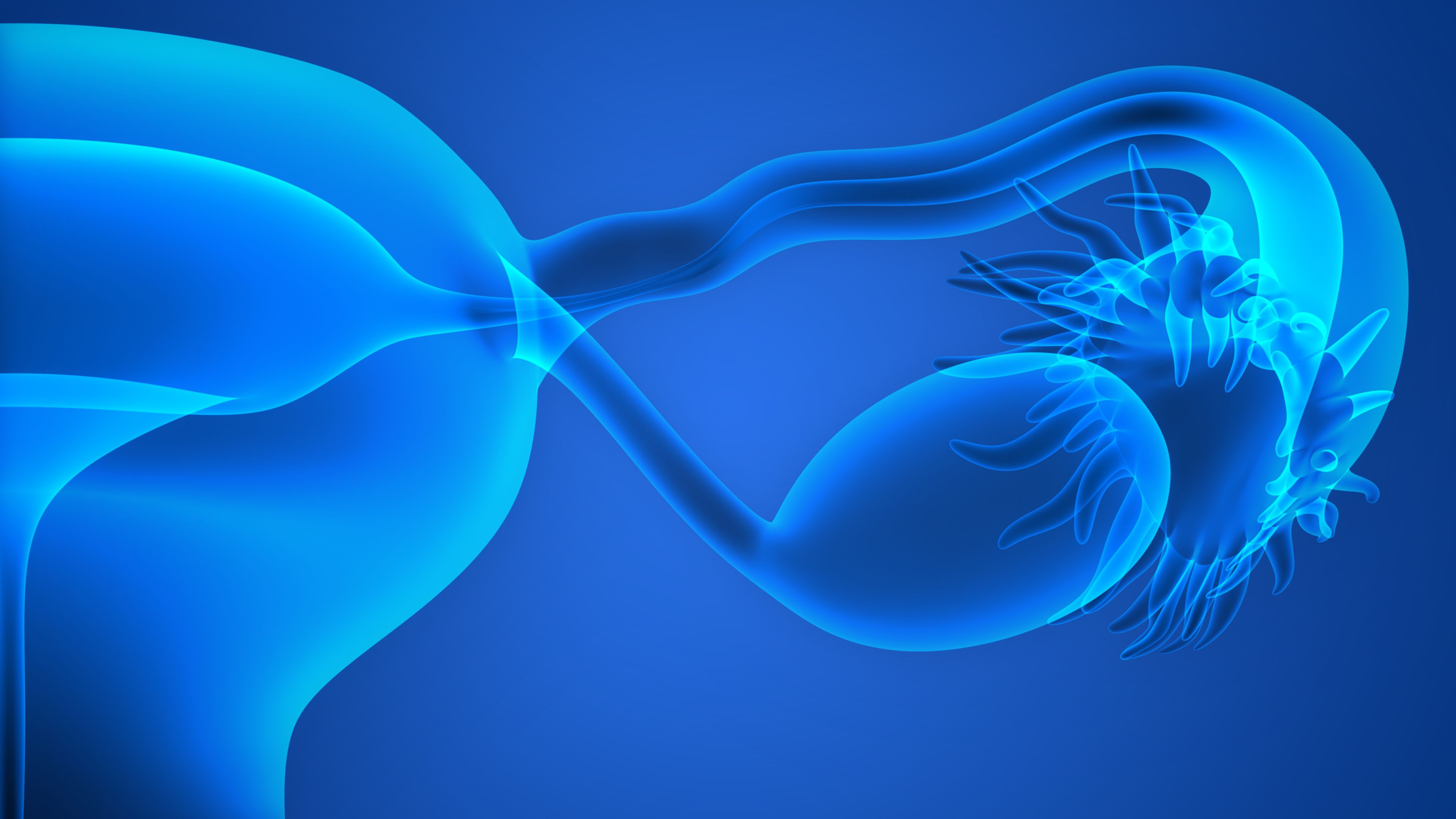Egg Quality Testing
 When undergoing in vitro fertilization (IVF) or other fertility procedures, it’s important to consider the quality of the eggs that will be fertilized. Issues with egg quality can have a negative overall impact on your chances of successful pregnancy and live birth. This is why our Los Angeles, CA practice offers male and female fertility testing to boost your chances of success.
When undergoing in vitro fertilization (IVF) or other fertility procedures, it’s important to consider the quality of the eggs that will be fertilized. Issues with egg quality can have a negative overall impact on your chances of successful pregnancy and live birth. This is why our Los Angeles, CA practice offers male and female fertility testing to boost your chances of success.
Dr. Marc Kalan and Dr. Nurit Winkler would like to consider a few important considerations regarding egg quality. This will include a rundown of common tests fertility doctors perform to make their assessments.
Link Between Age and Egg Quality
Generally speaking, the quality of a woman’s eggs gets worse as they get older. Even if you lead an active lifestyle and eat healthy foods, your chances of successful pregnancy decrease with age, especially after age 35. By age 40, the egg quality continues to decline. This is why it’s so important to consider patient age when performing fertility procedures at the outset.
Transvaginal Ultrasound
In order to assess the overall number of viable eggs, a fertility doctor may take a transvaginal ultrasound. This reveals the amount of follicles in a woman’s ovaries. If there are a good number of follicles present, this suggests a healthy ovarian reserve and many viable eggs available. If there are fewer follicles than expected, this is generally an indication of a lower egg quantity and possibly some issues with egg quality.
Measuring Day 3 FSH and Estradiol Levels
One of the most basic women’s fertility tests that be be performed involves drawing blood during the third day of a woman’s menstrual cycle. This will allow a fertility doctor to measure the levels of follicle stimulating hormone (FSH) and estradiol. High levels of these hormones may indicate problems with egg quality, which low levels of these hormones may indicate health issues such as polycystic ovarian syndrome (PCOS).
Clomid Challenge Test
If the Day 3 FSH test levels are off, a fertility specialist may also perform a Clomid challenge test. Also known as a clomiphene citrate challenge test (CCCT), this process monitors how your blood responds to the fertility drug Clomid. If there is a poor response to Clomid, this may indicate issues with egg quality, and a poor response to the fertility medications used during IVF treatment.
Measuring Anti-Mullerian Hormone (AMH)
Fertility doctors can draw blood at any time during a woman’s cycle to measure anti-mullerian hormone (AMH). High levels of AMH is an indicator of a strong ovarian reserve. Low levels of AMH could mean fewer eggs available, or problems with egg quality.
What Happens After Egg Quality Testing?
Once egg quality has been assessed, a fertility doctor can determine the ideal course of action. This could involve IVF, the use of fertility drugs, or perhaps even the use of donor eggs.
During the consultation process, we can go over the results of our fertility tests and discuss all of the treatment options that may be ideal for your situation.
Learn More About Fertility Testing
To learn more about issues related to egg quality and improving the chances of pregnancy and live birth, be sure to contact our team of fertility treatment specialists. The Los Angeles Reproductive Center team can be reached by phone at (818) 208-5481.




